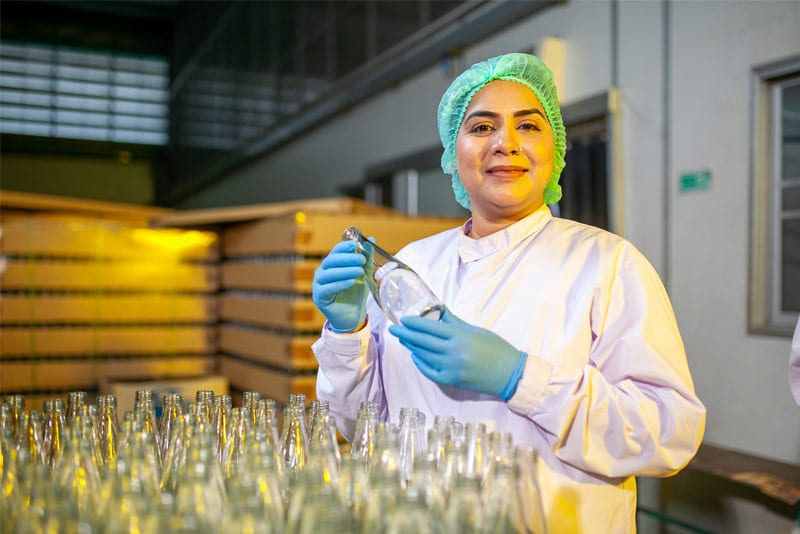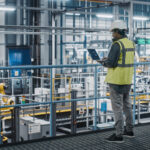Manufacturing production is the core pillar of industrial economies, bringing together an array of processes, techniques, and technologies to produce goods at scale. This article delves deep into the realm of manufacturing production, offering insights into its significance, different types, benefits, and contemporary challenges.
Defining Manufacturing Production
Manufacturing production refers to the extensive process of producing goods from raw materials. It encompasses the transformation of these materials into finished products, which are then distributed for sale to consumers or other businesses. Throughout history, manufacturing has continuously evolved, integrating advanced tools, machinery, and practices to increase output and enhance quality.
Types of Manufacturing Production
1. Job Production
Job production, often referred to as “custom production”, focuses on producing specific products tailored to individual customer specifications. Examples include custom furniture, luxury automobiles, and bespoke suits.
2. Batch Production
In batch production, a set quantity of a product is manufactured during a particular production run. This approach is suitable for goods that have recurring demand, such as baked goods or limited edition items.
3. Mass Production
Mass production, also termed “flow production”, involves producing large quantities of standardized products. The assembly line technique, popularized by Henry Ford, is a notable example. This method is most suited for products with constant high demand like smartphones or automobiles.
4. Continuous Production
Continuous production is a relentless process where materials flow continuously, producing items without interruption. Industries such as petrochemicals, paper, and some food sectors employ this method.
The Strategic Benefits of Manufacturing Production
Cost-Efficiency
Through economies of scale, manufacturers can produce goods at a reduced cost per unit as production volumes increase. This cost-efficiency enables businesses to maintain competitive pricing strategies while ensuring profitability.
Scalability
Manufacturing production allows companies to meet market demands efficiently. Whether ramping up to cater to increased demand or scaling down in response to market fluctuations, effective production strategies ensure optimal output.
Innovation and Product Development
Modern manufacturing practices incorporate research and development (R&D) phases. This integration fosters innovation, allowing companies to refine existing products and introduce groundbreaking new ones.
Enhancing Global Presence
Manufacturers can expand their reach by exporting goods to international markets. Such expansions not only increase revenue streams but also strengthen a brand’s global footprint.
Contemporary Challenges in Manufacturing Production
Technological Advancements
Keeping abreast with emerging technologies, such as Artificial Intelligence (AI) and the Internet of Things (IoT), can be a daunting task. However, their integration is vital for modern manufacturing processes.
Sustainability Concerns
Manufacturers face increasing pressure to adopt eco-friendly practices. From sustainable sourcing of raw materials to waste reduction, sustainability has become a primary concern.
Skilled Labor Shortage
The complexity of modern manufacturing processes demands a skilled workforce. Many industries report a shortage of trained professionals, emphasizing the need for targeted educational and training programs.
Manufacturing production remains pivotal in shaping global economies. By understanding its intricacies and adopting best practices, businesses can stay ahead in this competitive landscape. As technology continues to evolve and sustainability takes center stage, manufacturers must be agile and proactive to ensure continued success.
Sources:








